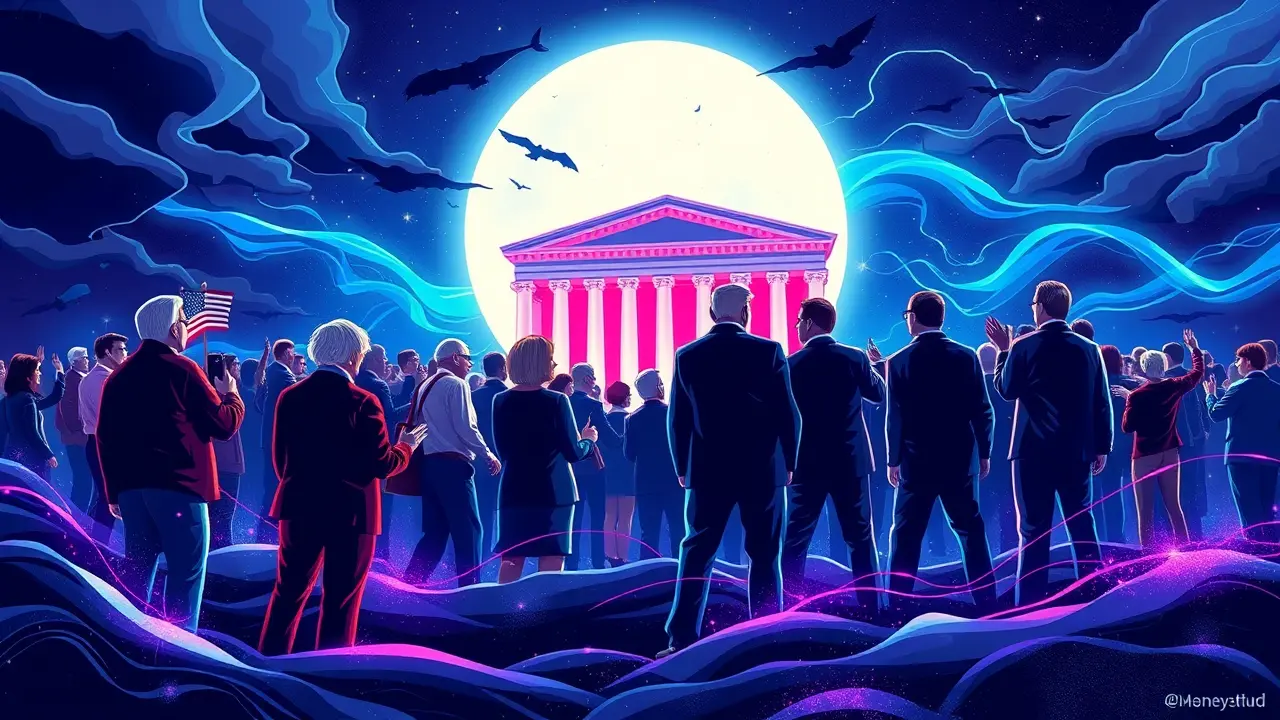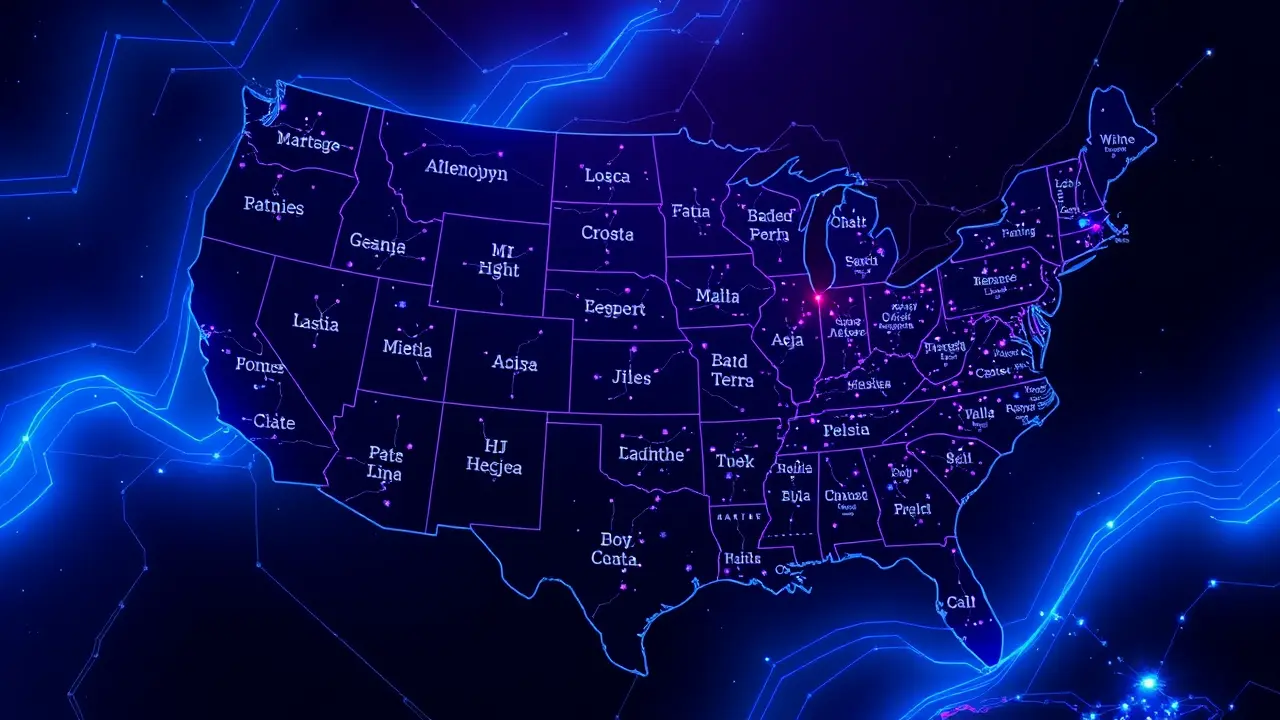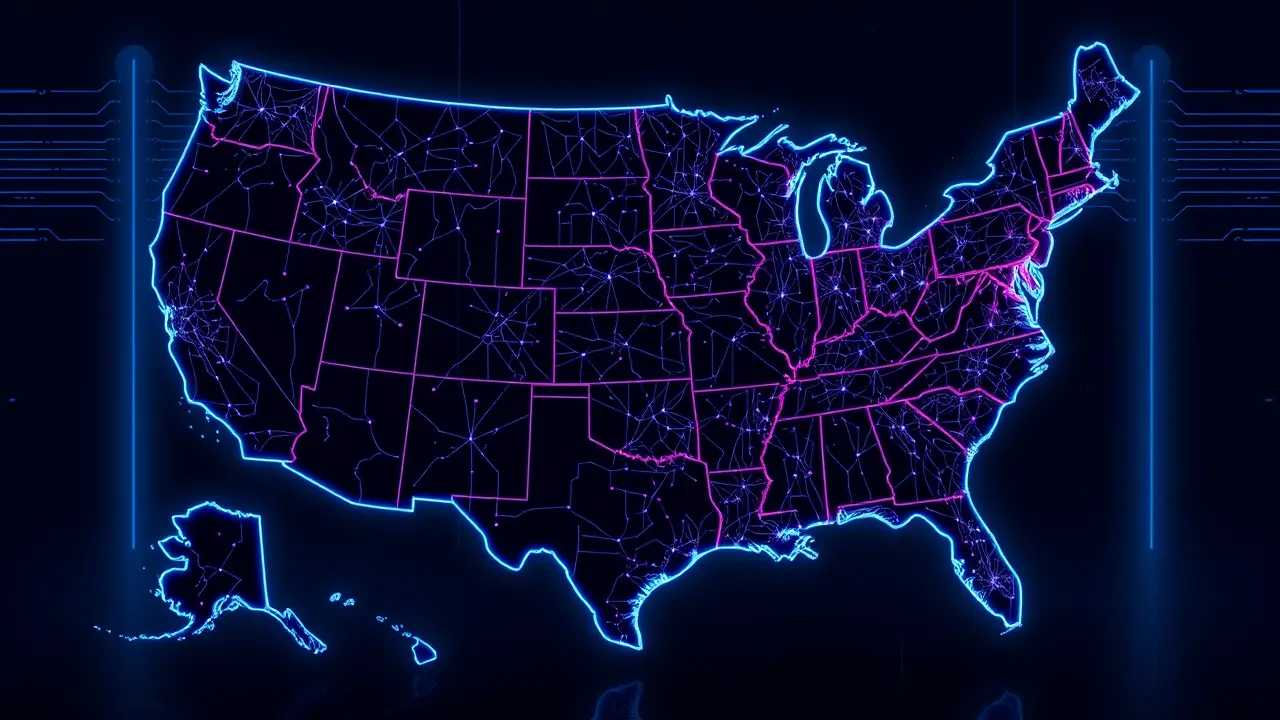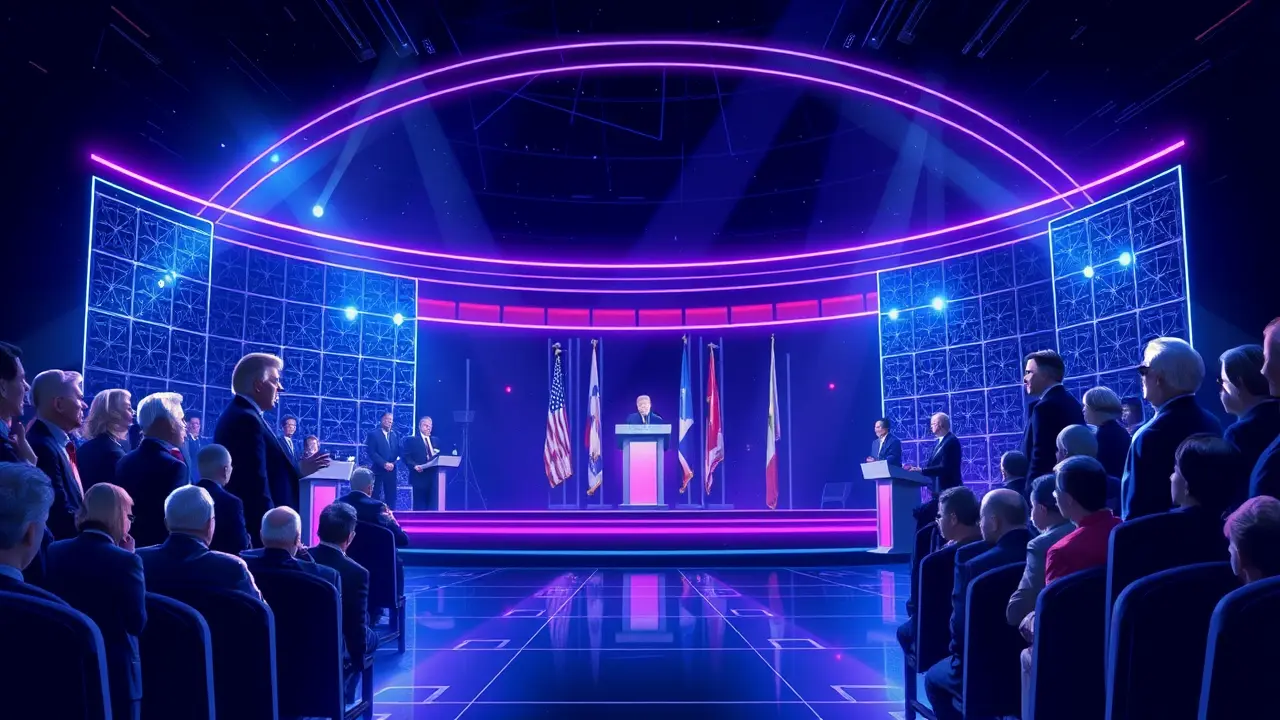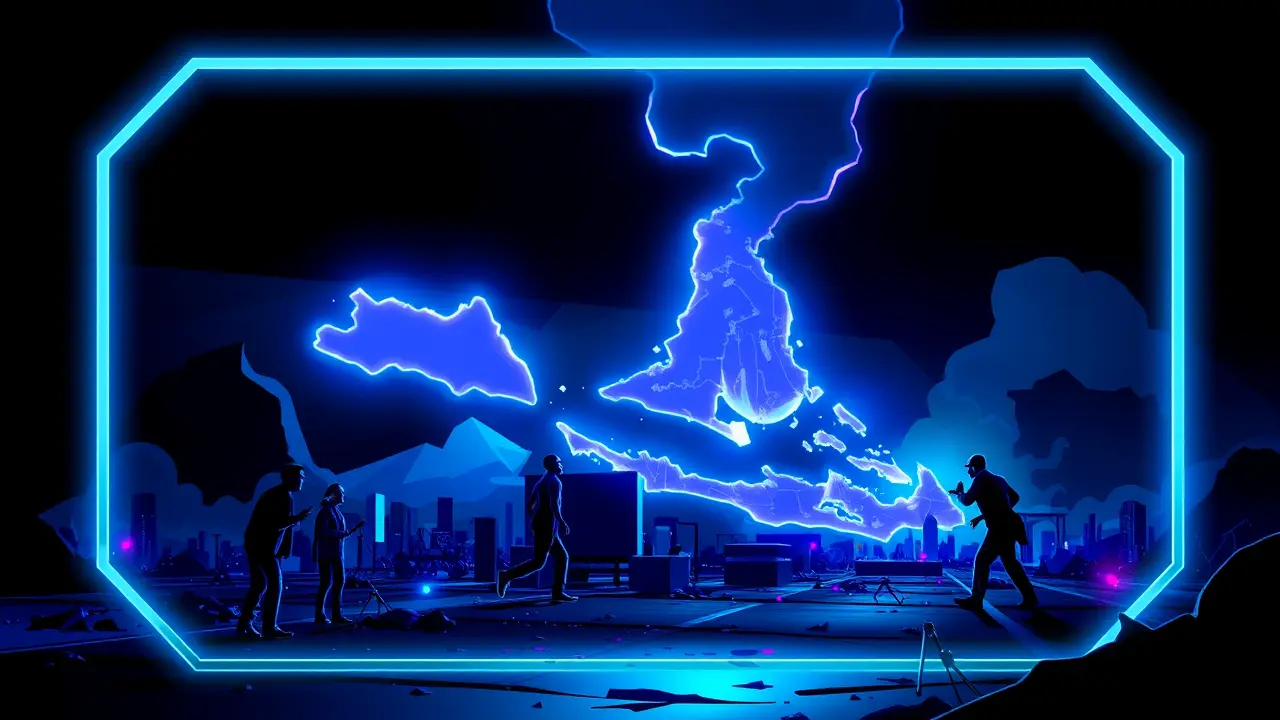
PoliticselectionsPresidential Elections
Potential 2028 Democratic Contenders Jockey After Election Wins
MA
Mark Johnson
13 hours ago7 min read5 comments
The starting gun for the 2028 Democratic presidential primary fired the moment the last polls closed on Tuesday, with potential contenders immediately leveraging the party's election victories to position themselves in a high-stakes game of political maneuvering that's already dividing along familiar progressive versus moderate battle lines. California Governor Gavin Newsom, never one to miss an opportunity for a strategic power play, immediately seized the narrative by celebrating California voters' passage of a redistricting plan that could create up to five additional Democratic House seats—then pointedly called out three specific states led by his likely 2028 rivals.In what seasoned operatives recognized as a classic pre-primary jab, Newsom publicly challenged Maryland's Wes Moore, Illinois's JB Pritzker, and Colorado's Jared Polis to 'meet this moment head on' and follow his redistricting lead, a move calculated to position himself as the national leader while putting his competitors on the defensive. Meanwhile, at the victory party for New York City's mayor-elect Zohran Mamdani, Representative Alexandria Ocasio-Cortez delivered what insiders are calling her opening salvo in the coming ideological war, telling MSNBC that Mamdani had to fight both Republicans and 'the old guard of the Democratic Party that essentially led us to many of the perils of this moment.' Her remarks, widely interpreted as a direct challenge to Senate Minority Leader Chuck Schumer and other establishment figures who kept their distance from Mamdani's democratic socialist campaign, carried the unmistakable message that the party's progressive wing expects either alignment or obsolescence from potential 2028 contenders. The emerging fault lines became even clearer as moderate hopefuls carefully calibrated their post-election messaging, with former Transportation Secretary Pete Buttigieg, Pennsylvania Governor Josh Shapiro, and Maryland's Wes Moore all conspicuously celebrating the gubernatorial victories of moderates Abigail Spanberger in Virginia and Mikie Sherrill in New Jersey while pointedly avoiding any congratulations for Mamdani.This calculated omission prompted progressive Representative Ro Khanna of California to fire back on social media, emphasizing that 'We are a big tent party, and that includes progressives!'—a exchange that political strategists see as a preview of the defining tension that will shape the 2028 primary. Behind the scenes, campaign infrastructure is already being assembled, with Shapiro's team circulating a memo highlighting Pennsylvania's importance in 'defining how commonsense Democrats can win by wide margins in 2026 and 2028,' while Ocasio-Cortez's operation is simultaneously positioning her for either a presidential or Senate run.What makes this early jockeying particularly significant is how it reflects the Democratic Party's ongoing identity crisis following the post-Biden era, with candidates already forced to navigate between the energized progressive base that delivered Mamdani's upset victory and the moderate coalition that produced surprisingly strong margins for Spanberger and Sherrill in key swing states. Veteran Democratic strategists note that this invisible primary, occurring nearly three years before the first primary votes are cast, often determines eventual nominees through these early displays of strategic positioning, coalition-building, and the careful cultivation of donor networks that begin mobilizing the moment one election cycle ends and the next begins.
#featured
#2028 election
#Democratic primary
#Gavin Newsom
#Alexandria Ocasio-Cortez
#Pete Buttigieg
#progressive vs moderate
Stay Informed. Act Smarter.
Get weekly highlights, major headlines, and expert insights — then put your knowledge to work in our live prediction markets.
Related News
© 2025 Outpoll Service LTD. All rights reserved.

